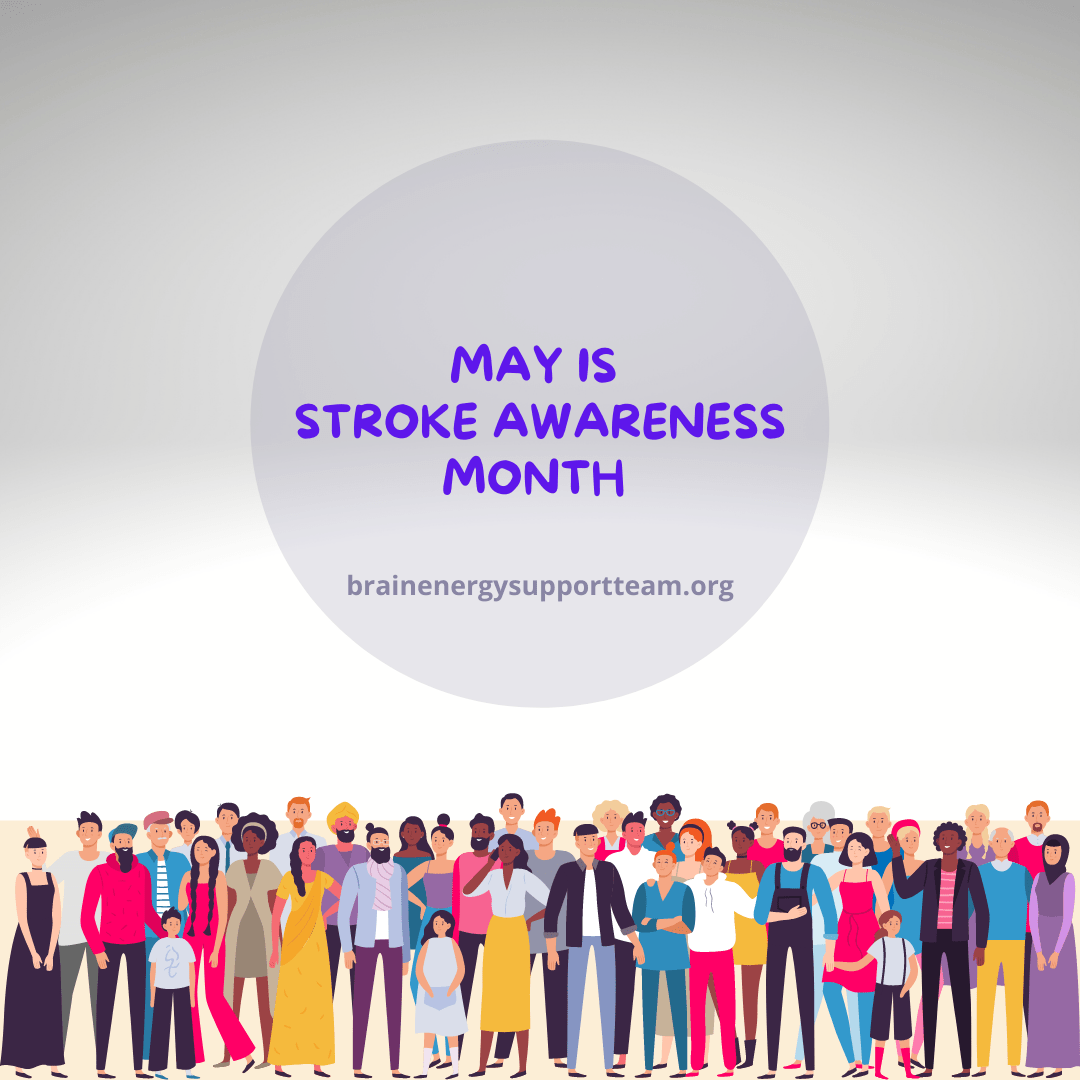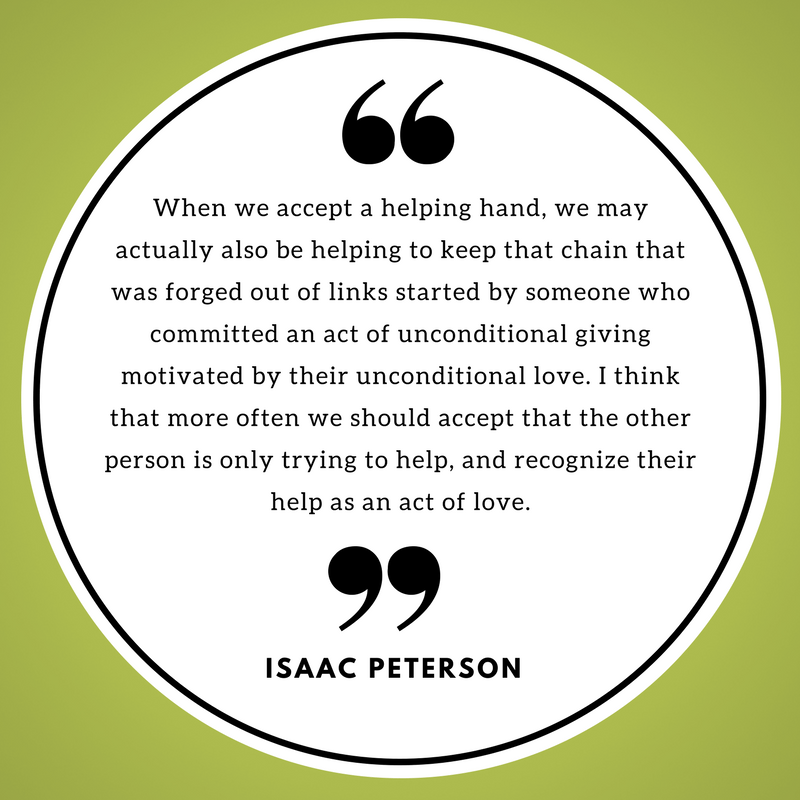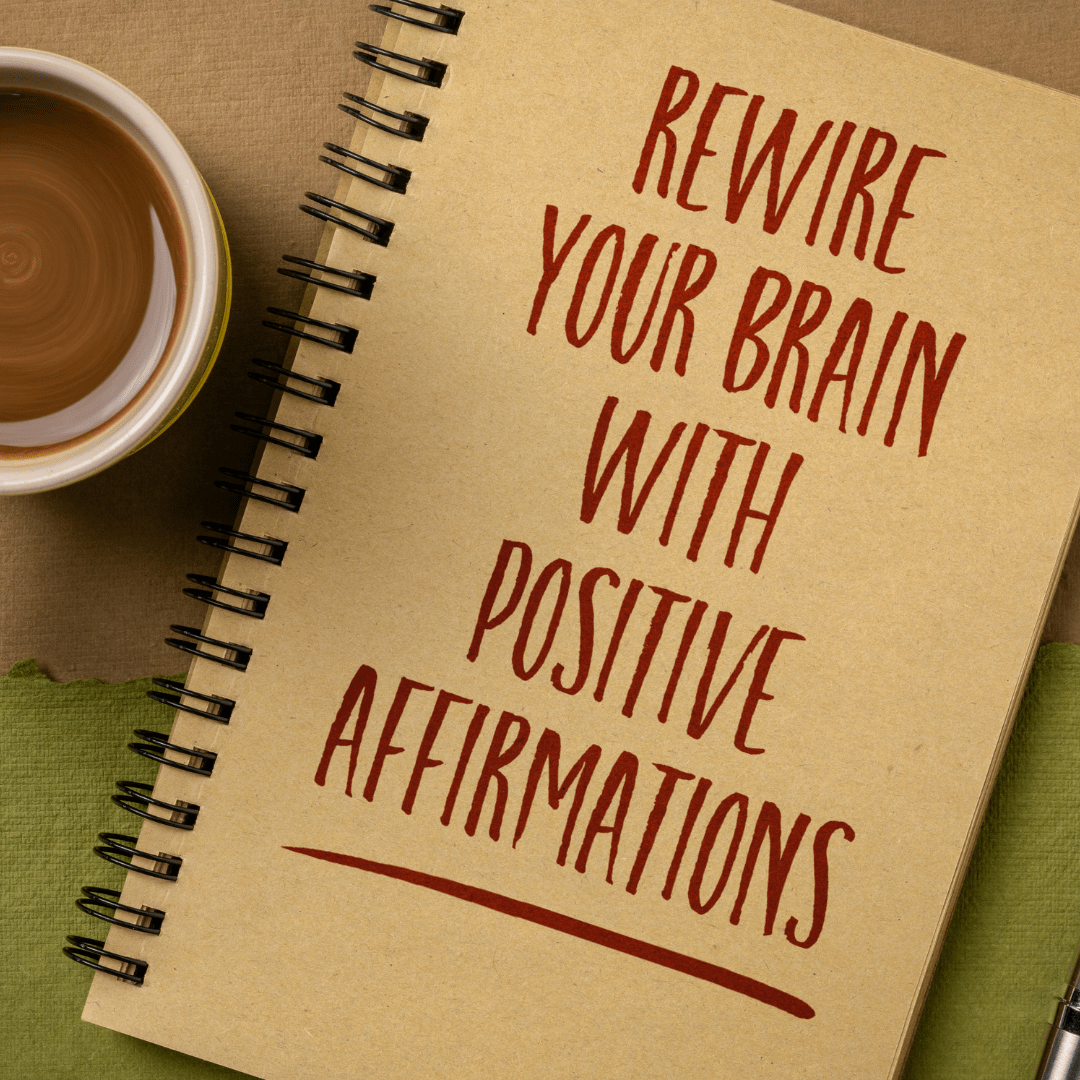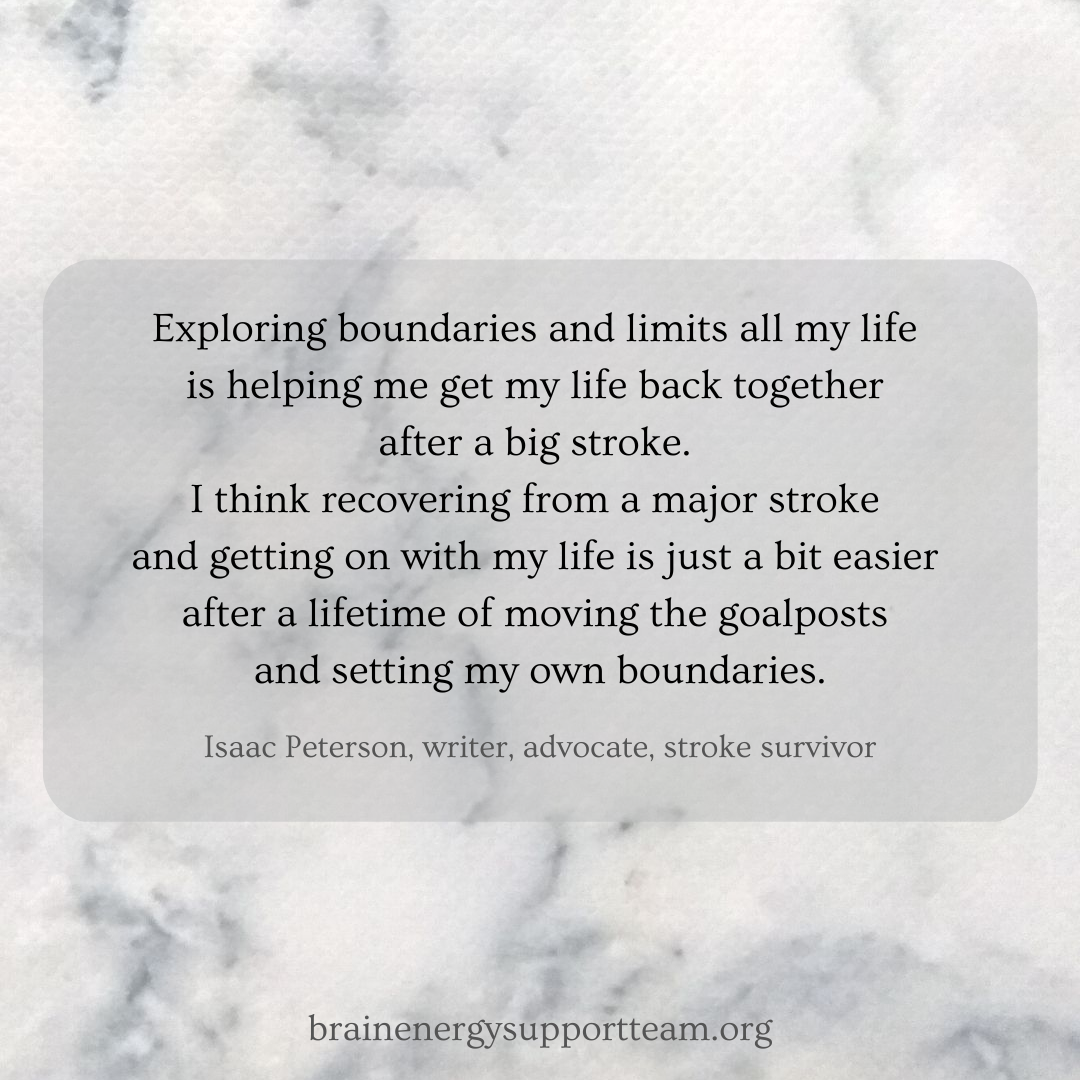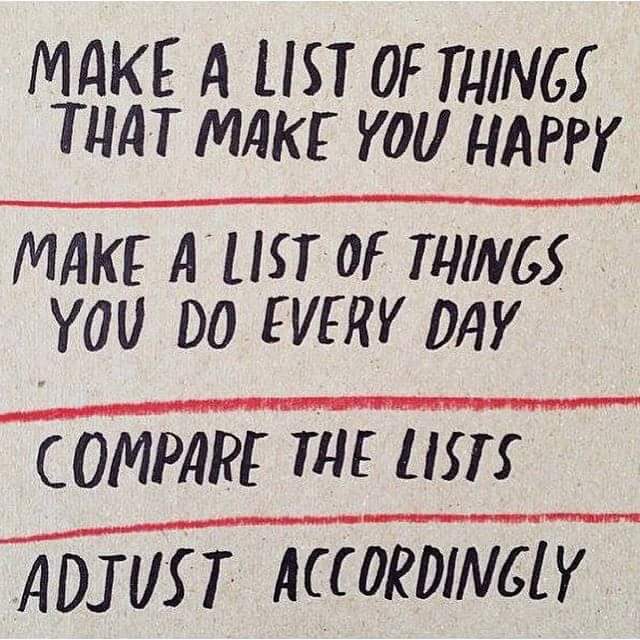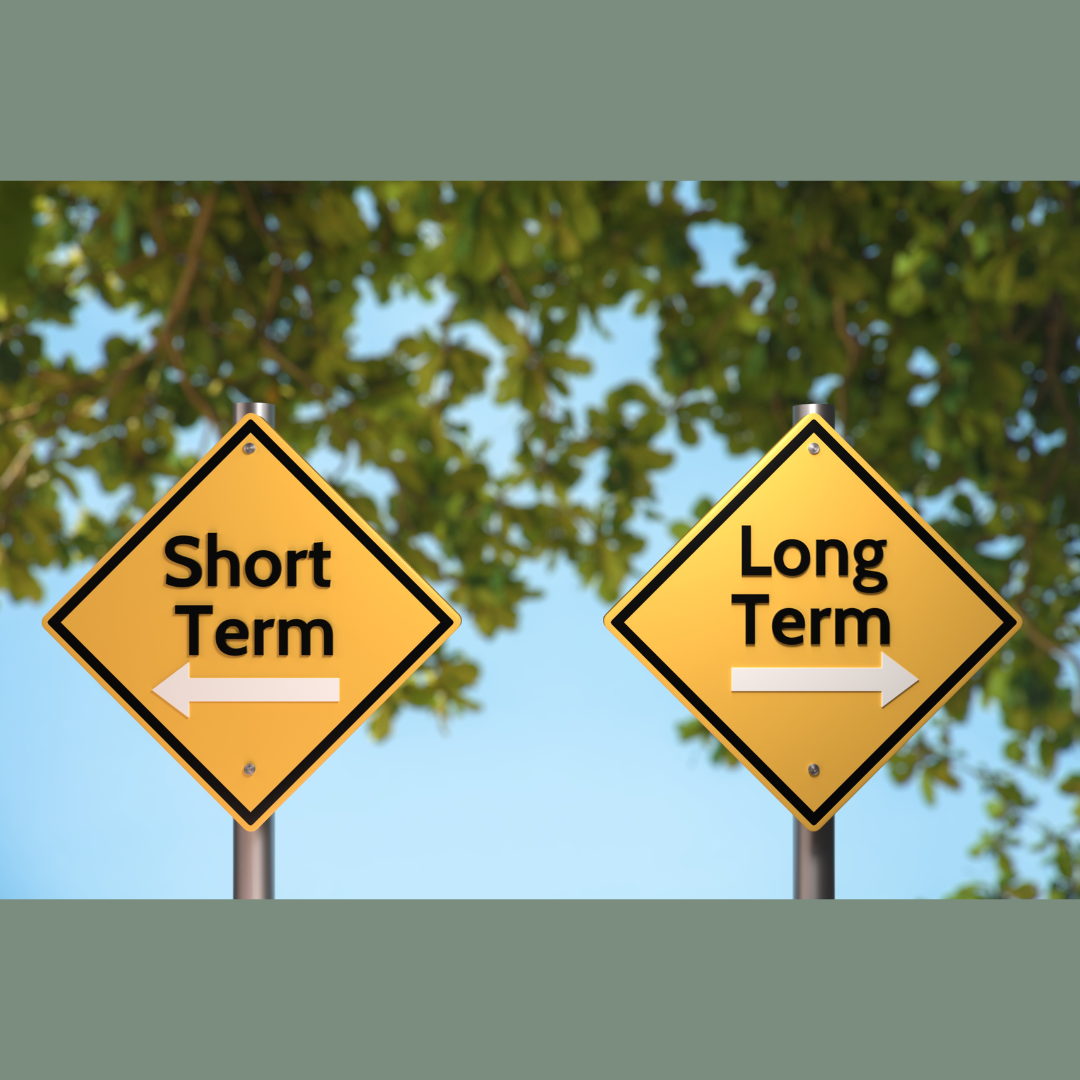Being a TBI survivor, I know a thing or two about resilience myself. I get comments about my resilience all the time.
I think a lot of people are probably thinking about my physical resilience, how I’ve started to gradually walk again with some degree of the old poise and confidence I had before my brain was injured. Others tell me that if they didn’t know I was a survivor, they’d have never guessed.
I also think physical resilience is something most people can relate to. TBI survivors are certainly resilient, at least the ones I know; these people have survived horrific, debilitating and life-altering experiences with long-lasting effects, yet still get out of bed every day and live their new normal lives.
Let’s take the term resilience a little further.
One definition I found online for resilience is the ability to withstand adversity and bounce back and grow despite life’s downturns. Let’s go with this since it pretty much dovetails with my definition of resilience and my experience.
My take on my personal resilience is pretty simple at its heart. Resilience can be learned, but I think it would be hard to teach.
To me resilience isn’t bend, but don’t break. It’s more like this; bend, but also adapt and thrive, or something like that. That applies to all aspects of what makes me uniquely me, and to my recovery, which is uniquely mine. What I’m about to write is more about how I try to set myself up to be resilient than about resilience itself.
Apart from being physically resilient, I try to be mentally and emotionally resilient, and it’s not always easy to do. But I find it gets easier the more I flex those muscles.
Mentally and cognitively I try to exercise my brain every day. I spend at least two or three hours a day reading and at night I take walks and try to digest and process what I’ve learned that day. I like word games and playing with words. This kind of thing help, hopefully to keep my mind kind of nimble, sharp and agile and in the process feed my resilience.
Reading helps me to better see the world as it is, and from different points of view. That helps me be more realistic about the world and the way things really are, not just the way I wish things were. Reading gives me a window into the minds and perspectives of others, and that helps me think of alternate possibilities to approach new situations.
And of course there’s my work blogging. Finding topics to cover is an ongoing process that helps exercise my imagination, and oftentimes my curiosity will lead me to settle on a topic that requires I do research. This all helps (I hope) give me a mental workout and stay on top of things. Over the past few years I estimate I’ve written somewhere in the neighborhood of 300 essays, and it’s not just a way to exercise mental resilience. It also gives me a way to judge my mental progress when I look back at my earlier pieces.
I try not to approach new situations with my mind already made up about the problem and what I need to do to solve it. Getting the facts first is part of the flexibility I mentioned, the ability to adapt to new or changing situations.
But of course, there isn’t always time or opportunity to carefully weigh information and options; sometimes things just pop up out of the blue and force me to rely on instinct. But all the information I’ve absorbed throughout my life and experience gives me confidence in my instincts and my ability to improvise when I need to. I’ve had to constantly improvise throughout my recovery and doctors tell me I’ve been making some very good decisions.
All of those things contribute to what I consider my mental flexibility.
As for emotional resilience, another definition I found goes, in part, bouncing back from a stressful encounter and not letting it affect our internal motivation.
Moving on, part of what I consider my emotional resilience, is having an optimistic outlook, but also having a realistic view of the world. I realize I have to view the world as it is, not the way I wish it was. Of course there are certain things I can directly influence, but being realistic takes knowing what those things are.
Emotional resilience, in my view, helps us get through those times where we get blindsided by life. It sure comes in handy when I try to do something I used to be able to do and can’t yet—it’s not the end of the world. I don’t get angry and I don’t feel sorry for myself. It’s not failure, I just haven’t tried what will get me where I want to go yet—I just have to keep trying, and being confident it will happen eventually.
A huge part of my resilience in recovering is putting failures in perspective. I know it’s hard to do with a brain injury—I know because I’ve been there.
When things get to me, I have made it a habit to kind of subconsciously asking myself, is this so big a deal I would be upset about a month or a year from now? I ask myself, how big a deal is this compared to having a major stroke? I lived through one, so to me, if it doesn’t reach stroke levels, it’s nothing I need to dwell on. It’s what some people mean by don’t sweat the small stuff.
Carrying and reliving negativity is a drain on emotional resilience. It keeps you bogged down and mired in the muck, emotionally speaking. It ties up mental and emotional energy that you need for more important things. This is where optimism and a positive attitude work for me.
Another thing that keeps my emotional resilience in top working form is not taking on the emotional baggage of others. I’m told I am a caring and compassionate man. I willing to be there for people. That’s an important trait to have, but it’s also important not to take on someone else’s emotional distress. It’s not always easy to do, but I have to take care not to make their distress my own. Doctors, nurses and caregivers know how to do it—they can’t afford to let emotions get in their way, but they can still function in a caring and compassionate way.
For me, resilience also involves avoiding stress and stressful situations. I find doing that aids my resilience because avoiding stress keeps me from having to be resilient in the first place.
Being confident in myself and my ability to cope goes a long way in my recovery, but this is where my positive outlook butts up against reality sometimes. I have come to accept that there are things I can’t do or change. But I don’t let those things bring me down too much, because I realize, as good as I am, sometimes all I can do is let things go or wait them out—that doesn’t make me any less positive or confident. I have to remember to be patient because some things I can change are going to take some time.
In my mind I am a rock star, ready to take on whatever pops up. I roll with the punches and have total confidence I can handle it. But if it doesn’t happen right away I’m mentally, physically and emotionally resilient enough to keep getting back up until I win.
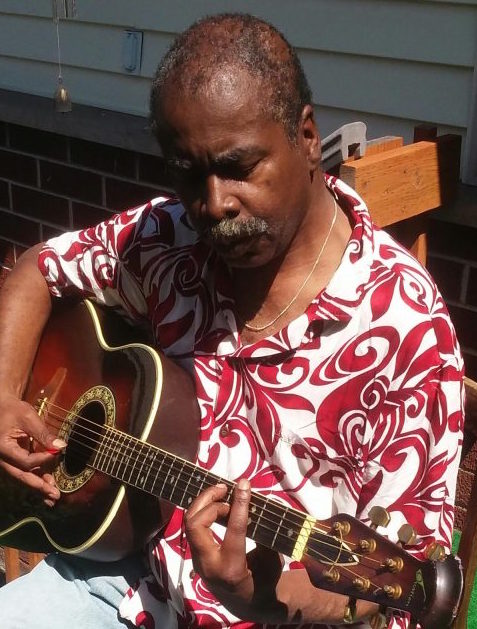 | Isaac Peterson grew up on an Air Force base near Cheyenne, Wyoming. After graduating from the University of Wyoming, he embarked on a career as an award-winning investigative journalist and as a semi-professional musician in the Twin Cities, the place he called home on and off for 35 years. He doesn’t mind it at all if someone offers to pick up his restaurant tab and, also, welcomes reader comments. Email him at isaac3rd@gmail.com. Read more articles by Isaac here; https://www.brainenergysupportteam.org/archives/tag/isaac-peterson |
|---|

